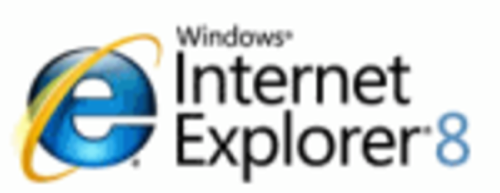These days, even Microsoft is awaiting the demise of its nearly decade-old Internet Explorer 6. Today, the company looked at August’s browser usage numbers according to Net Applications and announced that “Internet Explorer 6 is at or below 5% in many developed markets”, calling the drop “overall goodness”.

At the same time, the company is celebrating its continued dominance in the browser market, calling IE8 “the fastest growing browser worldwide.”
As Net Applications is reporting that IE6 share is now at its lowest point ever, I thought it would be a good time to address how we think about the aging browser. As we have said in the past, one of our main missions is to get people off IE6 as fast as humanly possible. And while IE6 was a great browser for its time, we all need the web to move forward. First, this is good for developers who we want to be able to write thesame markup across their sites. It’s good for consumers who should have the protections afforded by a modern browser. Finally, it’s good for the web, particularly as we look ahead to IE9 and begin to see what’s possible.
According to Net Applications’ August numbers, Internet Explorer 8 grew by just over 1% to account for 32% of the browser market worldwide and it’s growth was nearly three times that of Google Chrome.
As we noted when looking at similar numbers last February, Net Applications doesn’t always agree with other browser stat sites, such as StatCounter, which shows IE8 dropping by 1% over the past month and IE6 actually increasing its share by 1%.
Perhaps the most interesting statistic to note from Net Applications, however, is one involving IE6 and China. There, the browser we all love to hate continues to hold 46% of the market (just over 50% if you include various editions of IE6), which the company says is “significantly skewing global share”. Overall, however, Net Applications finds that IE6 has declined by 1%, bringing its share to just under 17% worldwide.
Of course, all of this may change when Microsoft releases the beta of its latest browser, IE9, which looks to bring the company into the future with a clean-cut, slimmed down design and a number of advanced features.
What do you think – what will the browser market look like when Microsoft brings out the latest? Will Chrome continue its climb? And will IE9 take over the top spot from IE8?

















